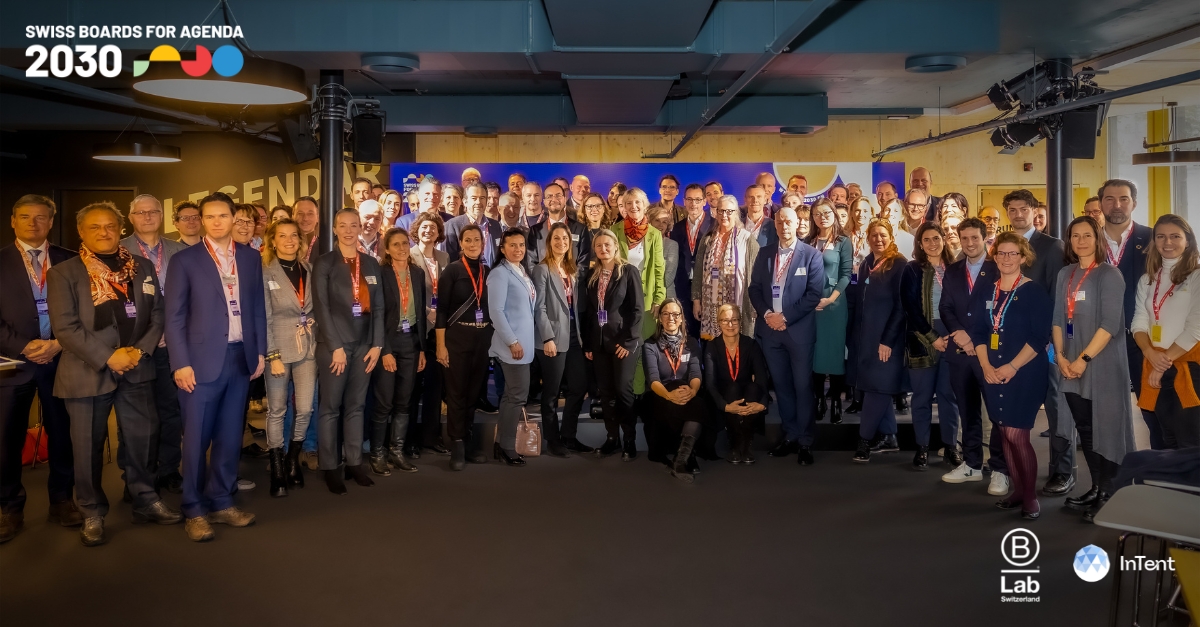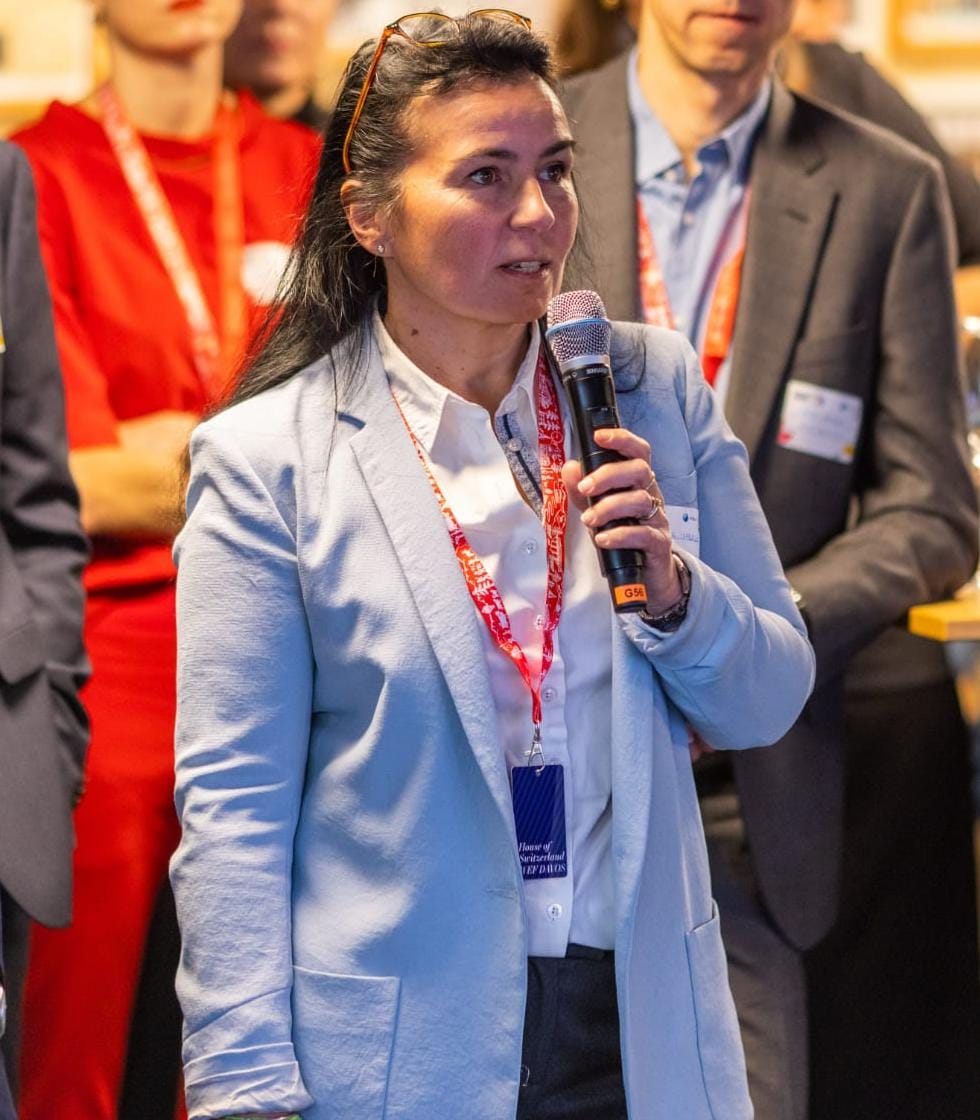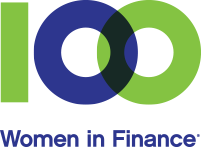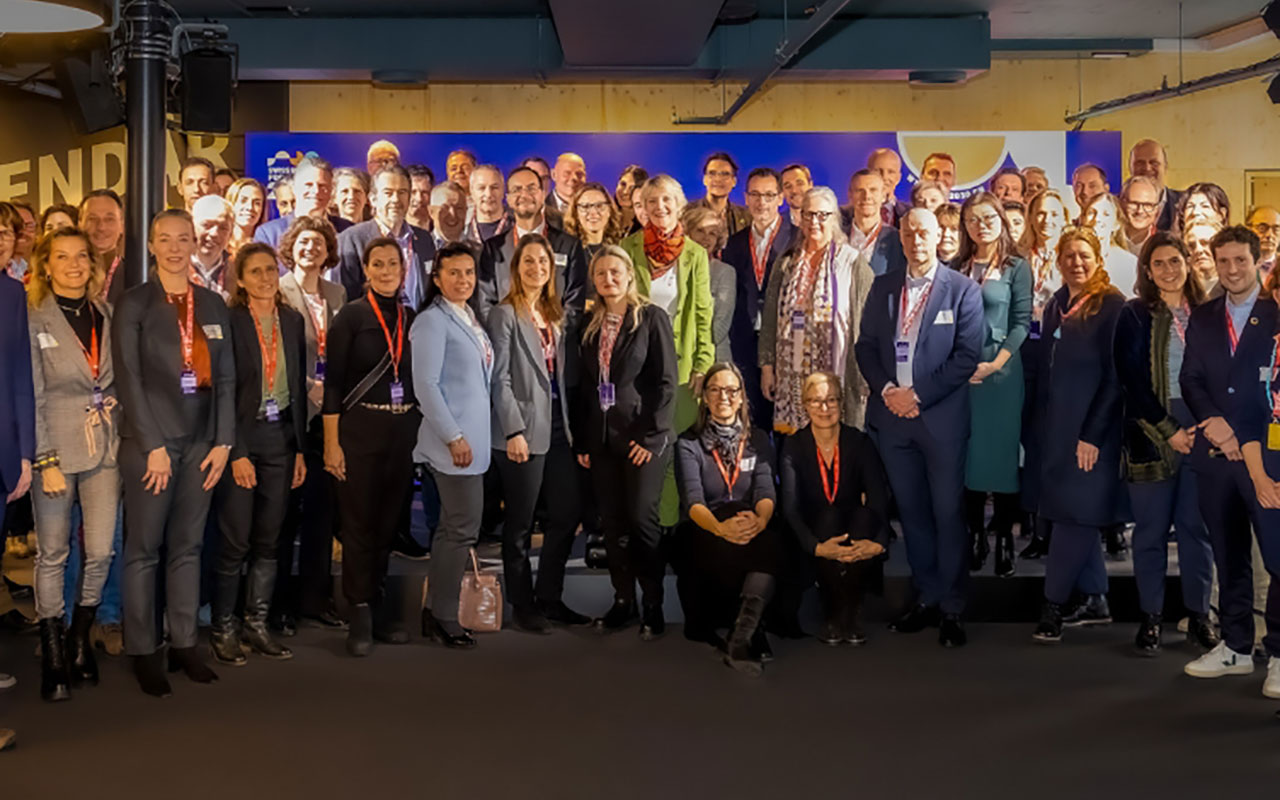
By Isabelle Cohen Solal,
Chair Geneva Education Committee, 100 Women in Finance
Switzerland, Friday, February 3, 2023
I write here about Davos because I was invited to participate in one of the many discussions on sustainability in the boards of directors as chair of the sustainability committee on some boards of directors.
But a question I might have been asked is, “What color was my badge?” As you will read later, this is essential.
As a reminder, the World Economic Forum is an international platform that brings together leaders from government, business and civil society to discuss pressing global issues, including sustainability.
Let me give you some figures about Davos:
Created in 1971 with the idea of bringing together the political and economic world, the Davos WEF is the only event of its kind. It has become a powerful vehicle for cooperation between the private and public sectors and gives Switzerland a leading role in the international debate on ideas.
In 2023, it is the 53rd edition, where approximately 2,700 leaders from 130 countries have gathered, including a record number this year of 52 heads of state and government, notably from the G7 and G20; almost 1,500 business leaders; and no less than 19 central bankers, including Thomas Jordan of the Swiss National Bank and Christine Lagarde of the European Central Bank. This edition was marked by a strong Anglo-Saxon influence (25% of American companies), the absence of Russia and the visibility of the Ukrainian delegation.
Yes, we can talk about sustainability in Davos:
Among the 450 sessions and workshops organized, the energy transition was one of the main topics of discussion. No less than 34 sessions were devoted to it. Climate occupied 69 sessions and workshops, by far the most recurrent theme in the program.
As proof of participants’ interest, the seats for the session in which Al Gore took part, “Decarbonization: an insurmountable challenge?,” were snapped up within a few minutes of the program opening for reservations.
Apart from climate protection, the other main theme of the WEF Davos 2023 was, of course, how to avoid a global recession.
Regarding international climate policy, the big announcement came from Brussels, detailing a legislative plan for a “net zero emissions industry.” Ursula von der Leyen stressed that European states must rapidly invest in clean technologies “without dependence,” particularly vis-a-vis China. The EU has set the goal of reducing its greenhouse gas emissions by 55% by 2030 compared to 1990 and achieving carbon neutrality by 2050. As motivation, European efforts have helped bring energy prices down again, according to the president of the European Commission.
In terms of organization, in recent years, the WEF has made efforts to increase the sustainability of its events and operations. These efforts include reducing waste and greenhouse gas emissions, promoting sustainable travel and transportation, and working to ensure responsible sourcing of food and materials. The WEF also emphasizes sustainability in its content and discussions, bringing together leaders from various sectors to exchange ideas and solutions that promote sustainable development.
Talking about sustainability in Davos is also uncomfortable:
When you consider that for a week’s participation, the costs for companies can easily exceed CHF 115,000 for a valuable white badge to access all events (I was only given the blue one).
The top executives stay in luxury hotels with a considerable footprint in water consumption, food waste, heating and superfluous considerations. In addition, 1,040 private jets landed and departed from airports serving the Swiss mountain resort of Davos. Of them, 53% were short flights of less than 750 km, 38% were ultra-short flights of less than 500 km and the shortest flight recorded was 21 km.
The WEF 2023 was also the scene of some resounding quotes:
The executive director of the International Energy Agency, Fatih Birol, said that the main driver for clean energy—wind, solar, nuclear—is no longer the environment but energy security.
It was also revealed that some energy producers have long known that nonrenewables would have an impact. “The oil players have been spreading big lies. They must be held accountable. Also, the increase in current production is ‘an insanity,’” said UN Secretary Mr. Guterres.
Swedish activist Greta Thunberg, who first spoke at WEF 2019, accused the Davos Forum of bringing together “the people who fuel the destruction of the planet the most,” notably by investing in fossil fuels. She said it was “absurd” to listen to them.
The forum concluded the week with five actions to help the World Economic Forum participants address the challenges of a world adrift:
- Tackle systemic risk factors, such as inflation, recession, and high interest rate fluctuations that affect vulnerable populations.
- Develop “soft” growth using innovative ways to grow without increasing labor or production capacity, with the idea of decoupling economic growth from resource consumption.
- Exploit artificial intelligence in a responsible manner.
- Promote economic mobility to encourage cross-fertilization, soft growth and transversal innovation; and
- Invest in inclusive growth that benefits all citizens, such as education and infrastructure projects.
Finally, at our event in the House of Switzerland in Davos on Sustainability in the Boardroom, our keynote speakers were André Hoffmann, vice chairman of Roche, on the growing awareness of the urgency to act and Ignacio Cassis, federal councilor in Switzerland, on the need to change mindsets. We need to answer the following questions: What kind of stakeholder governance will underpin future regulations? How can collective action help tackle the biggest challenges of our time? What needs to be done to align our/your board with the imperatives of the 21st century?
In conclusion, leaders are invited to support a strategy of long-term value and positive impact.

Isabelle Cohen Solal, Chair Geneva Education Committee, 100 Women in Finance
Switzerland, Friday, February 3, 2023

